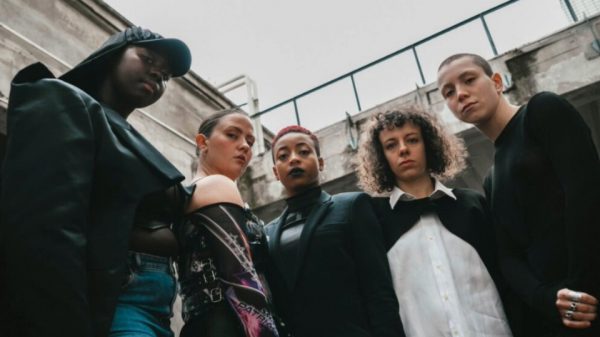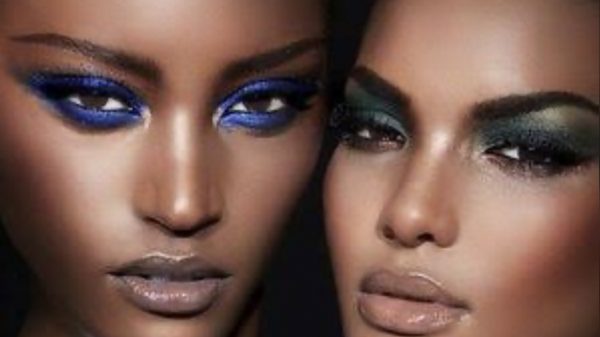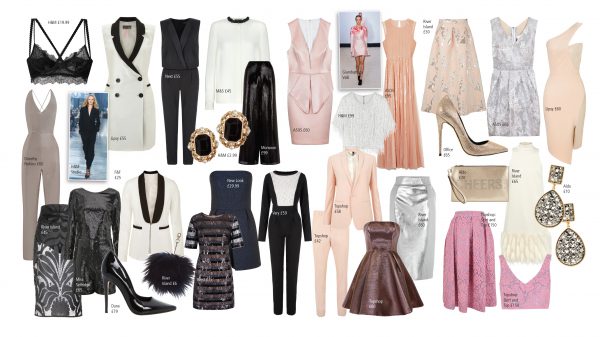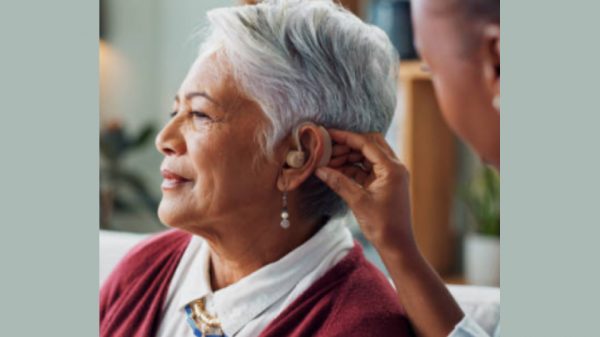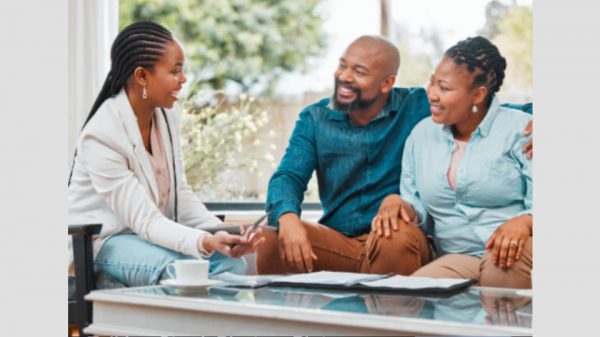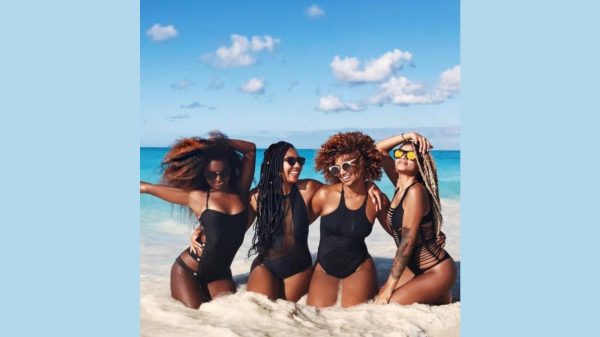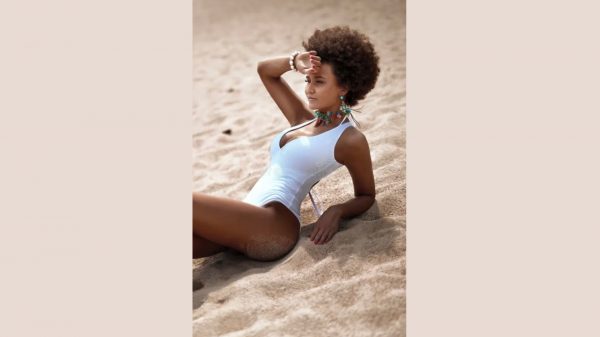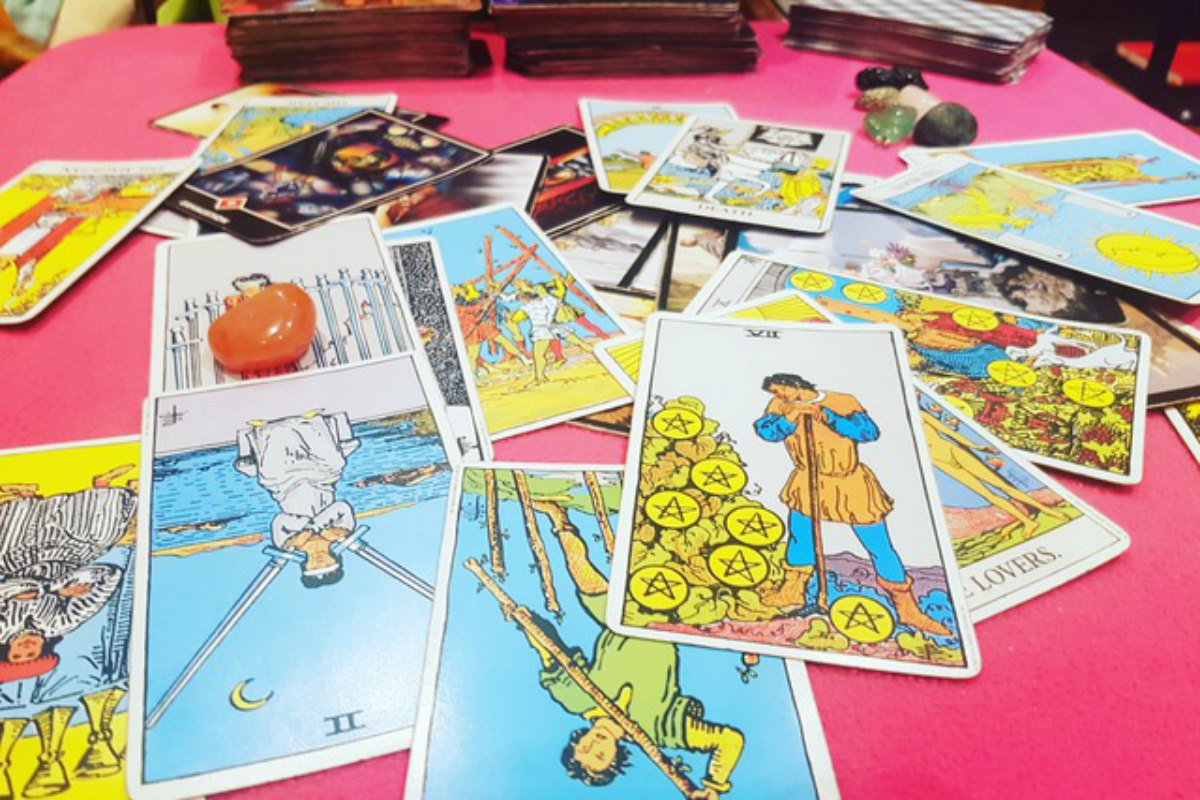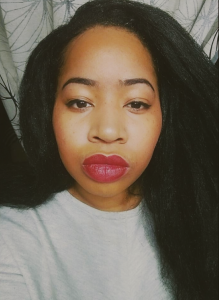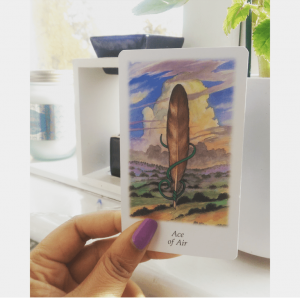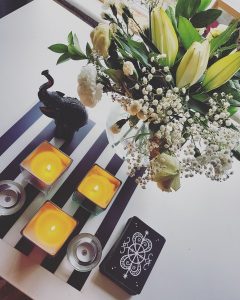Life in 2018 can be… difficult – and there’s probably not many people reading who would disagree with this statement. The political atmosphere is tense, the pressure to ‘have it all’ continues, and society is encouraging people to be more in tune with mental health than ever before. And to deal with it, more people are looking outside of traditional religion as a way of answering life’s biggest, and most intimate questions; we’re looking inside, and to the stars.
From yelled conversations about the looming full moon at house parties, to laughing along with Twitter threads on the potential repercussions of Aries season, in recent months I’ve scarcely been able to escape conversations about spirituality, intuition and astrological-based practices, and those who use it in order to direct their lives. Though some tend to scoff at the reading of a magazine horoscopes, or roll their eyes at the mention of ‘Mercury in retrograde’, there seems to be a growing trend in black women turning to alternative spirituality.
In popular culture, there are more examples than ever of black women trying out non-traditional spiritual resources as a means of addressing personal issues, and working through the everyday stresses of existing in today’s world; in late 2017, TV series She’s Gotta Have It showed protagonist Nola Darling visiting a Yoruba priestess to clear her mind after a traumatic experience, while reality favourite The Real Housewives of Atlanta recently showed the cast partaking in an energy reading session (which was questionable, but an example, nonetheless).
Ever since my days reading Religious Studies texts back in sixth-form college, my mind has been open to the varieties of ways that people conceptualise the world. And in an effort to learn more about this, I spoke to Black British academic & tarot therapist Leona Nichole Black, who for over a year and a half, has used tarot readings to help clients to reach a place of true self-realisation, and to know their purpose in life.
A restoration of self-trust
The bulk of Black’s practices lie in the reading of tarot as a means of helping her clients – most of whom are black women and femmes – discovering the tools to better their lives, themselves; a means of restoring confidence in their own sense of judgement.
‘One of the things that black women in particular struggle with most, or have lost, is our sense of trust in ourselves, and the belief that you are a good decision maker,’ Black began. ‘We have been raised with such distrust in self and the belief that we’re not that good at decision-making and we need to ask everyone around us for advice, and what to do.
‘One of the most powerful things that this practice does, the way I do it, is that it repairs your connection to yourself, your own intuition and your ability to follow your guidance in your own life. Once that’s repaired, the whole world opens up to you.’
In God we trust (if you want to)
For anyone who’s currently religious, one of the things that might be holding you back from exploring this form of spirituality is the thought that in doing so, you’re betraying everything you’d previously known about God, and replacing it with something with negative connotations – for example, ‘working with the devil’.
Black has addressed some of those common concerns on her YouTube channel, and explains her belief that there is synchronicity and resonance between religion and her spiritual practice, but they’re known by other names: ‘the Holy Spirit in Christian terms, and what I’d call my intuition in this space,’ she offered.
Black herself comes from a Pentecostal Christian background, and though she left the church a number of years ago, God is still a part of her life, but with the key difference being in the focus being more directly on herself, and her personal connection to God.
‘When I was in the Christian space, it was very hierarchical, and I recognised that I needed to take guidance, wisdom and leadership from others; that the opinions of people around you held so much weight, right down to what you wore, or how you did your hair. It was a very top-heavy experience.
‘Now, the work I do just sees me as the centre of my world and understanding – not in a selfish way, because it’s still about what I can give and contribute – but it is about me now. It’s about understanding what my purpose is and there’s no middleman. I have that sense of uninterrupted connection to God’s universe; there’s no need for me to make an appointment with somebody.’
In the way that Black understands it, engaging with spirituality in a personal practice does not interfere with having a belief in a higher power.
Don’t believe the TV magic
Remember back at the start of this piece, where I mentioned recent portrayals of spirituality as shown on The Real Housewives of Atlanta? Though it’s an example of how popular alternative practices are starting to become, beware – as what we see on the TV is not an accurate representation of what really goes on.
‘It was utterly ridiculous,’ Black said when asked about that representation of energy work. ‘I was so embarrassed, even though it had nothing to do with me! It felt so regressive – they even had the lights flickering on and off. It was so not helpful!
‘I rarely see any representation of anyone who reflects the practice in the way that I understand it and do it – but as a black woman, I’m guess I’m used to that.’
Explaining the unexplainable
A big part of the reason why it can be hard to publicly pursue an interest in esotericism and mysticism may be out of fear of judgement about your logical understanding. Religion and science have always traditionally been at odds, but some people are even less receptive when it comes to cards, the stars and intuition – especially with plenty of what’s known about the practice only going as far as entertainment characters such as ‘Mystic Meg’.
Black knows much of this struggle herself; as an academic, she’s made her life’s work about using intellect to justify thoughts and concepts. So how do the two concepts come together?
‘When I first thought of pursuing tarot and astrology, I was in a very intellectual space, finishing off my PhD,’ she explained. ‘The academic space is not one that has much room for religious beliefs or esoteric perspectives, so I thought that this type of work would be a sacrifice of my credibility, and would go against the legacy I was building.’
However, through watching examples of respected thinkers and academics in the US incorporating their science-based knowledge with their pull to mysticism, she realised that she could embrace both, without having to forego one. And in fact, she counts her strong, intellectual leanings as a benefit in her spiritual readings for clients now:
‘My training is in cultural studies: looking at cultural examples and explaining very complex things in accessible ways. To be able to bring that skill into the symbolism of tarot, and I think that’s what did it for me. I realised that it wasn’t an obstruction, and they weren’t polar opposites, but they actually complement each other very well.
‘I realised, “oh, I don’t need to choose between being spiritual and intellectual – I am both at once.”’
The future of spiritual practice
In just over a year and a half of practice, Leona Nichole Black has seen her clientele boost to numbers she’d never imagined, and she consistently has a full schedule of people ready to explore a new side to themselves.
Though tarot and birth chart reading is just one example of how black women are exploring alternative spirituality, learning more about what Black does, and how it has impacted her daily experiences as a black woman, has really given me more food for thought on how I might explore some of this for myself. Plenty of us spend so much time focusing our minds and hearts on the opinions and priorities of others – might it worth trying something completely different, and doing some work on looking inward first?
To find out more about Leona Nichole Black, visit www.nicholeblack.com and on Instagram – leonanicholeblack and Twitter – leonanblack






